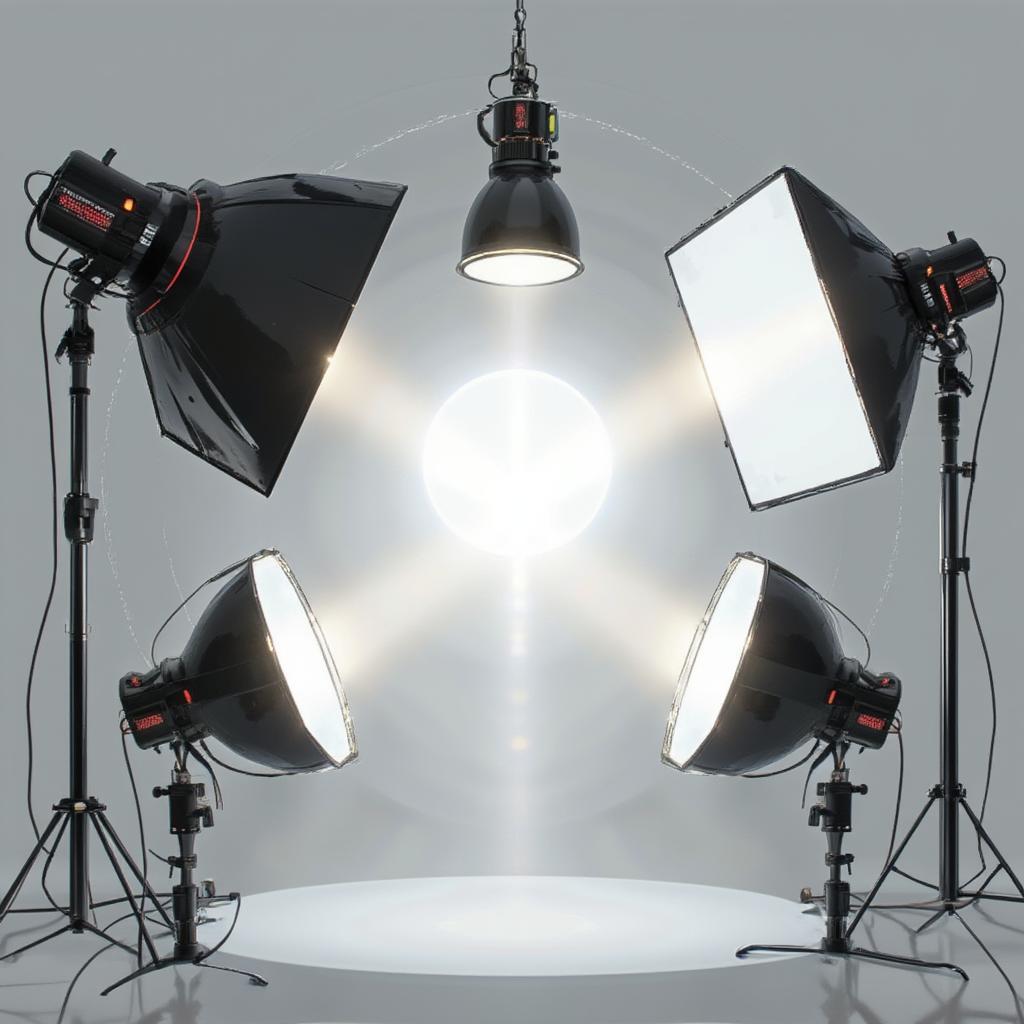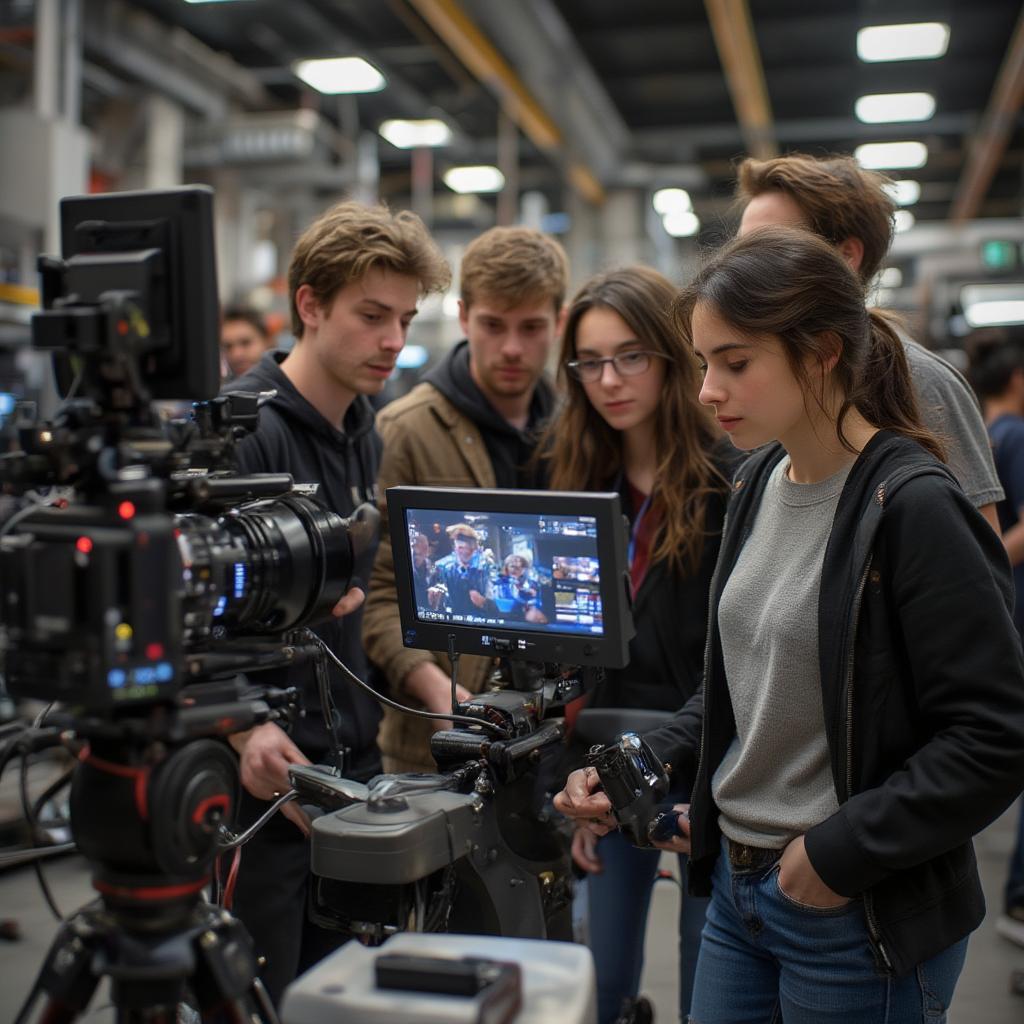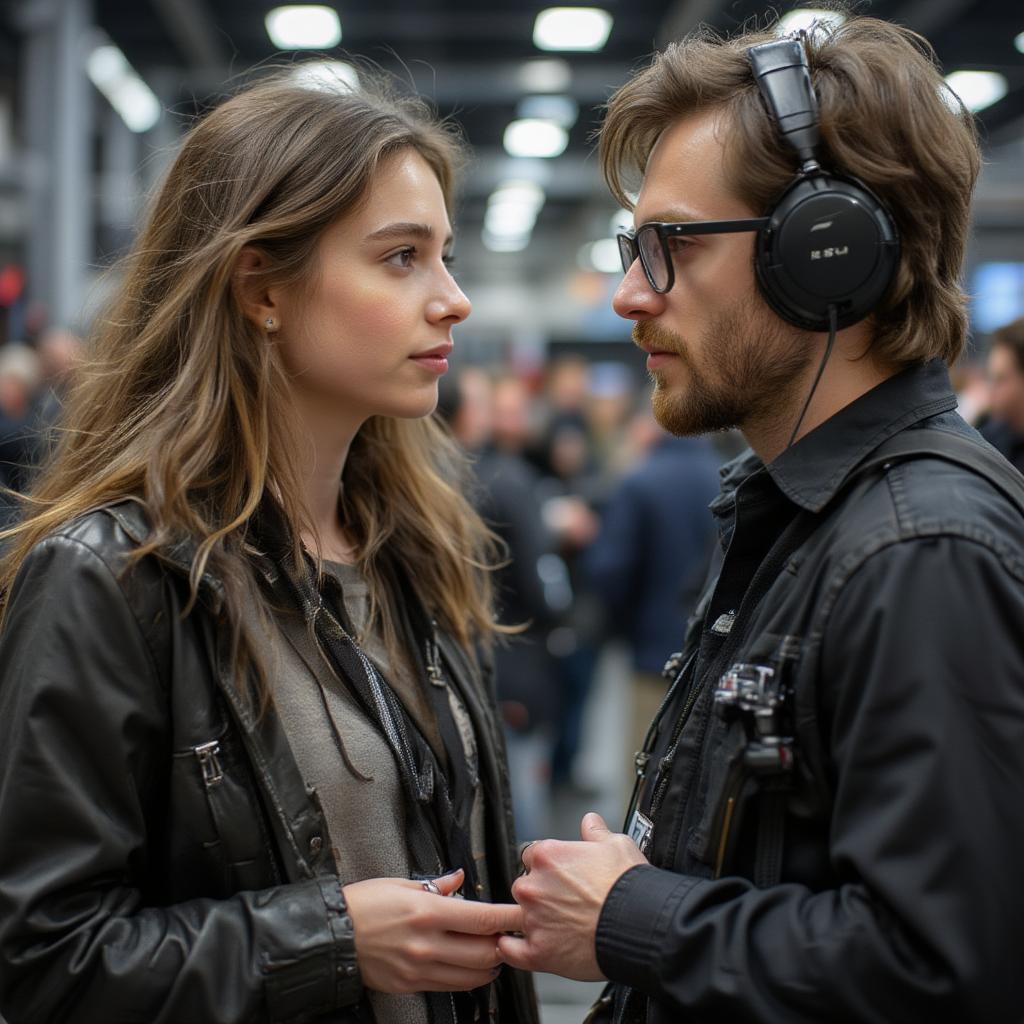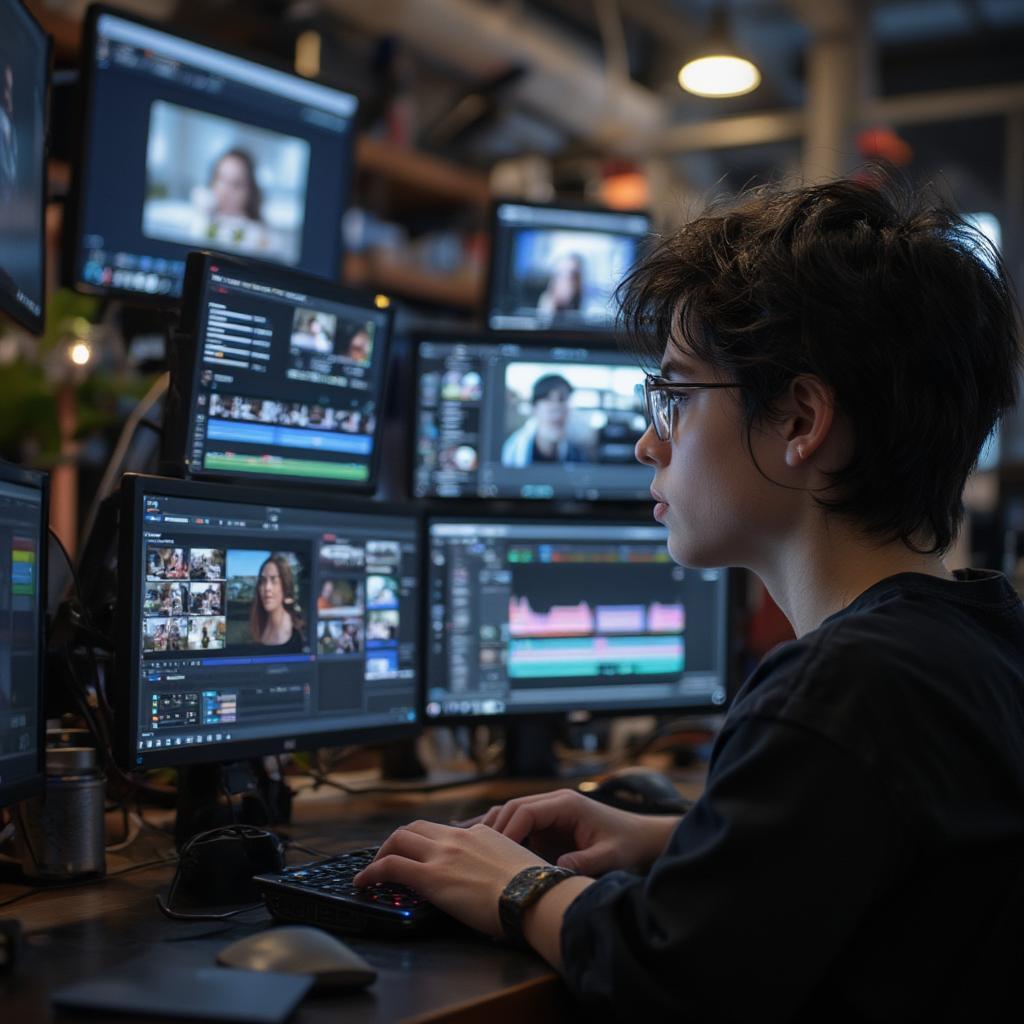Best Books to Learn Cinematography: A Comprehensive Guide
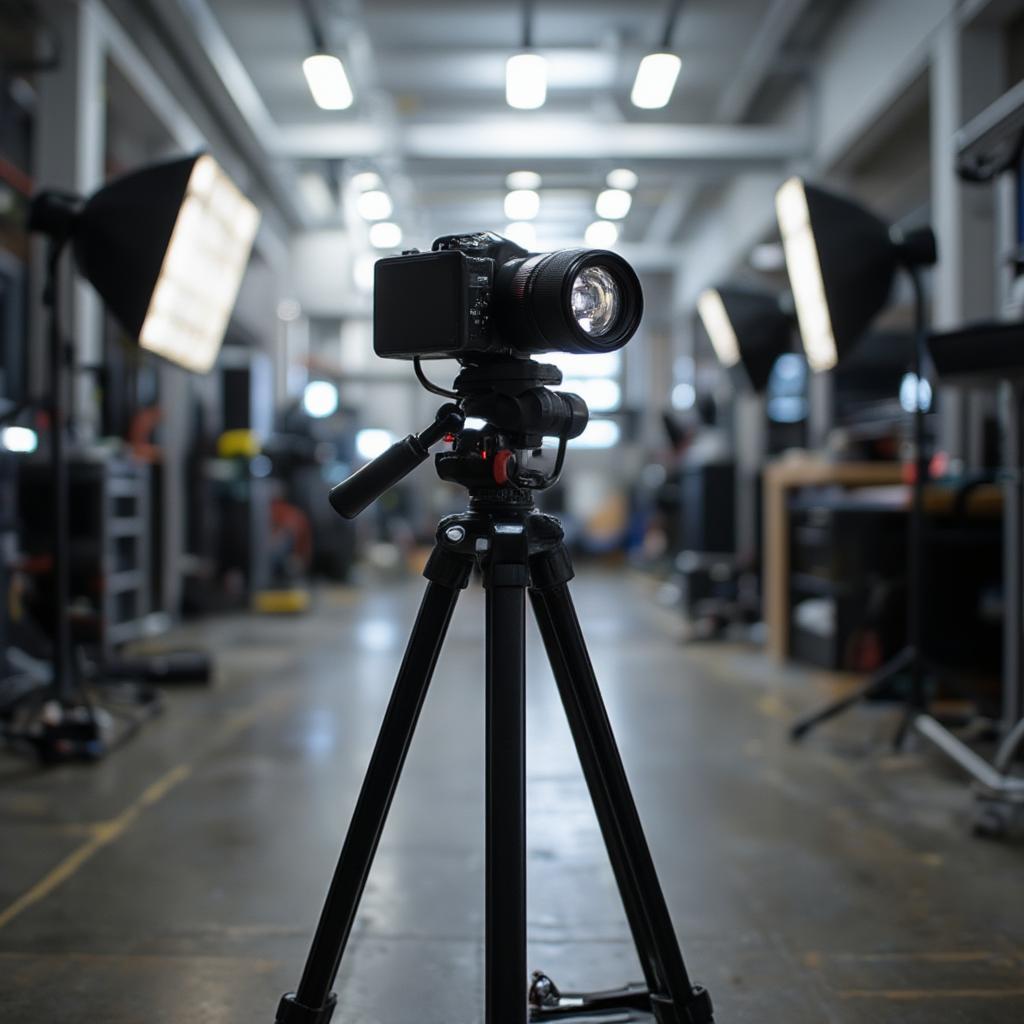
Cinematography is the art and craft of visually telling a story through motion pictures. It’s more than just operating a camera; it’s about using light, composition, movement, and other visual elements to evoke emotions and convey meaning. Whether you aspire to be a professional cinematographer or simply want to enhance your filmmaking skills, understanding the principles of cinematography is crucial. One of the most effective ways to delve into this complex art form is by reading dedicated books on the subject. This guide will explore some of the best Books To Learn Cinematography, covering a range of topics from fundamental concepts to advanced techniques.
Foundational Texts for Aspiring Cinematographers
For beginners, building a solid understanding of the basics is paramount. These introductory books provide a comprehensive overview of cinematography principles and techniques. “The Five C’s of Cinematography” by Joseph V. Mascelli is a classic text that breaks down the core elements of cinematography: Camera Angles, Continuity, Cutting, Close-ups, and Composition. This book provides a strong foundation for understanding visual storytelling. Similarly, Blain Brown’s “Cinematography: Theory and Practice for Cinematographers and Directors” offers a practical approach to learning cinematography, covering various aspects of the craft, from lighting and camera movement to lenses and film stocks. This book is highly regarded for its clear explanations and real-world examples, making it an excellent resource for aspiring cinematographers.

Mastering Lighting for Cinematic Effect
Lighting is a cornerstone of cinematography, playing a crucial role in shaping the mood, atmosphere, and visual impact of a film. Understanding how to manipulate light is essential for creating compelling images. “Painting with Light” by John Alton, a legendary Hollywood cinematographer, is a must-read for anyone interested in mastering the art of lighting. Alton shares his vast experience and insights into using light to create dramatic and visually stunning scenes. Another invaluable resource is “Mastering Film Lighting” by Alan Lawson, which provides a detailed guide to lighting techniques for film and video production. This book covers various lighting styles and setups, offering practical advice for achieving specific cinematic looks.
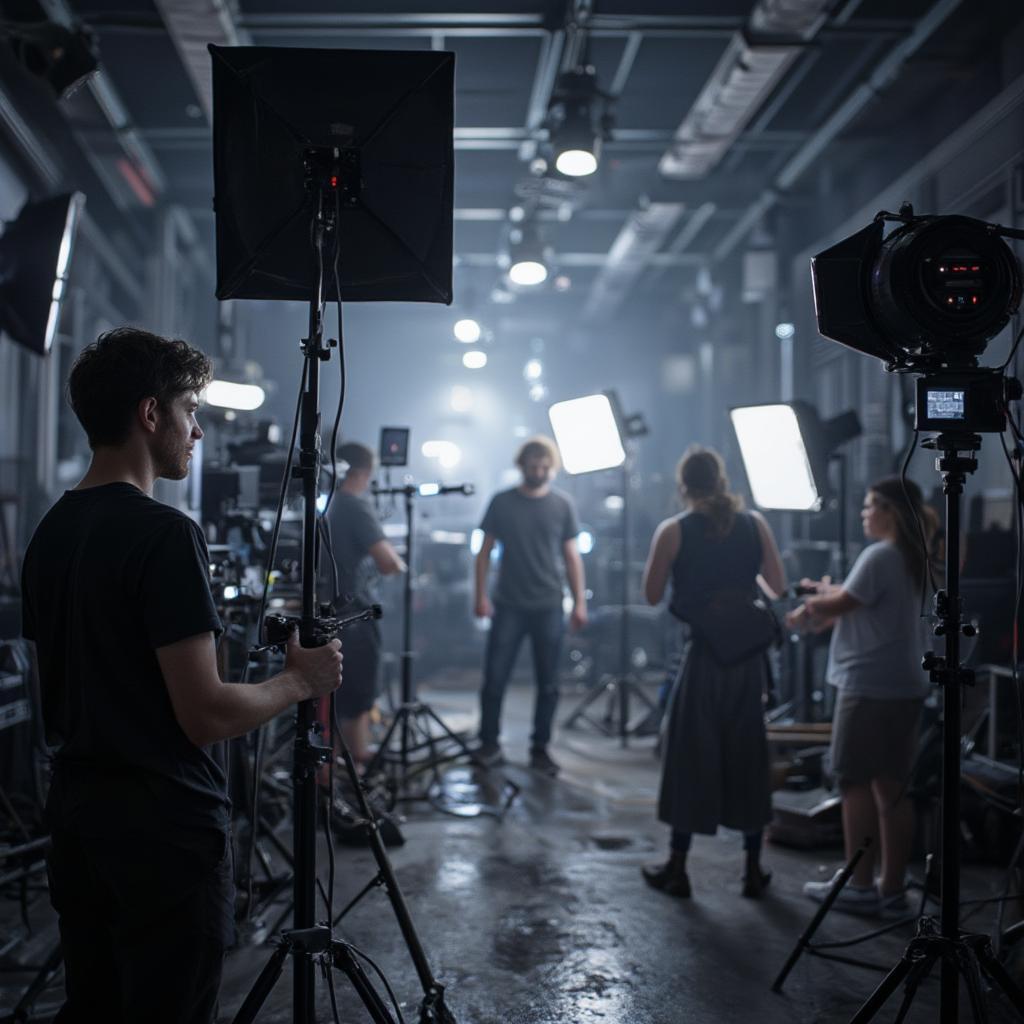
Exploring Composition and Visual Storytelling
Composition refers to the arrangement of elements within the frame, and it significantly impacts how viewers perceive a scene. “The Visual Story: Creating the Visual Structure of Film, TV and Digital Media” by Bruce Block delves into the principles of visual storytelling through composition, emphasizing the importance of visual grammar and how it contributes to narrative. This book provides a framework for understanding how to use composition to guide the viewer’s eye and convey meaning.
Advanced Techniques and Creative Exploration
Once you have a grasp of the fundamentals, you can explore more advanced techniques and creative approaches to cinematography. “American Cinematographer Manual” is a comprehensive resource that covers a wide range of topics, from camera technology and lenses to post-production workflows. You might also consider browsing discussions on platforms like Reddit to discover lesser-known gems. For example, checking out the best books on cinematography reddit can provide valuable insights from practicing cinematographers and film enthusiasts.
The Importance of Cinematography in Film and Video Production
Cinematography is an integral part of the cinematography film video production process. It’s the visual language that translates a script into a moving image, shaping the audience’s experience and understanding of the story. From framing and camera movement to the five c of cinematography, every element contributes to the overall cinematic effect.
Conclusion
Learning cinematography is a continuous journey of exploration and experimentation. The best books to learn cinematography, like the fourth edition of “Cinematography: Theory and Practice for Cinematographers and Directors” or cinematography theory and practice for cinematographers and directors 4th edition, combined with practical experience, will equip you with the knowledge and skills needed to create compelling visual narratives. These books offer invaluable insights into the art and craft of cinematography, guiding you on your path to becoming a skilled visual storyteller. Remember that understanding the foundational principles outlined in resources like the basics of filmmaking blain brown is crucial for building a strong foundation.
FAQ: Books to Learn Cinematography
-
What are some good books to learn cinematography for beginners? “The Five C’s of Cinematography” and “Cinematography: Theory and Practice for Cinematographers and Directors” are excellent starting points.
-
What is the best book to learn about lighting for film? “Painting with Light” by John Alton is considered a seminal text on cinematic lighting.
-
Are there books that focus on the visual storytelling aspect of cinematography? Yes, “The Visual Story” by Bruce Block specifically addresses visual storytelling techniques.
-
What is a comprehensive resource for advanced cinematography techniques? The “American Cinematographer Manual” provides in-depth coverage of a wide range of cinematography topics.
-
Where can I find recommendations for cinematography books from other filmmakers? Online forums like Reddit often have dedicated threads discussing the best books on cinematography.
-
Why is learning cinematography important for filmmakers? Cinematography is the visual language of film, essential for conveying story and emotion effectively.
-
What are the five C’s of cinematography? They are Camera Angles, Continuity, Cutting, Close-ups, and Composition.
-
How can I practice cinematography after reading these books? Hands-on experience with a camera and lighting equipment is crucial for applying the knowledge gained from books.
-
Are there online resources that complement these cinematography books? Yes, numerous websites, tutorials, and online courses can supplement your learning from books.

